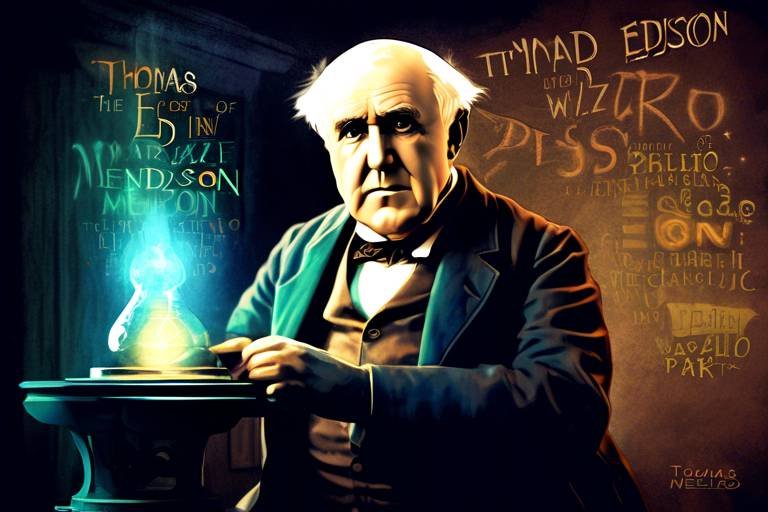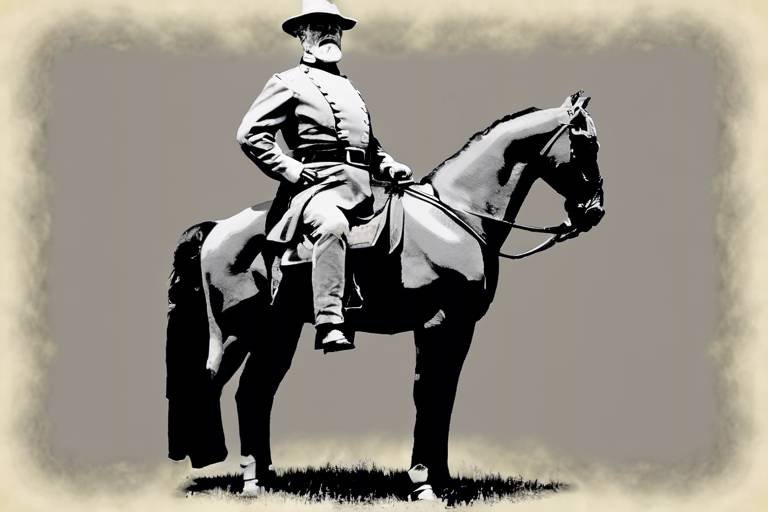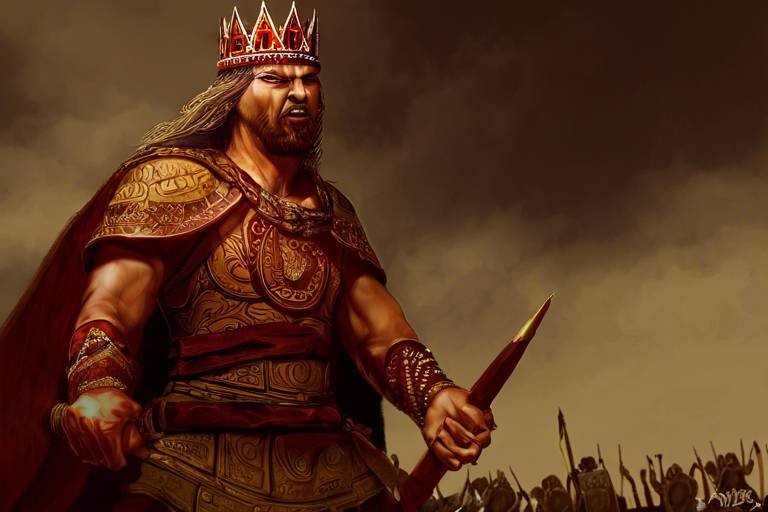Isabella of Castile: The Queen Who United Spain
Isabella of Castile, a remarkable figure in Spanish history, played a pivotal role in the unification of Spain through her strategic marriage to Ferdinand II of Aragon. Their union not only strengthened their power but also laid the foundation for a unified Spanish kingdom that would shape the nation's future. Isabella's reign marked a significant period in history, where her leadership and decisions left a lasting impact on the country.

Early Life and Education
Isabella of Castile was born on April 22, 1451, in the town of Madrigal de las Altas Torres in Spain. From a young age, she displayed intelligence and a strong sense of determination, traits that would define her future reign as queen. Isabella's education was overseen by her mother, Isabella of Portugal, who instilled in her a deep sense of faith and duty.
Despite facing challenges in her early years, including the death of her father, Isabella's resilience and adaptability allowed her to navigate the complex political landscape of medieval Spain. She learned the art of diplomacy and statecraft, skills that would serve her well in her later role as queen.
Isabella's education extended beyond traditional subjects like history and literature. She also studied languages, including Latin and Castilian, which enabled her to communicate effectively with a diverse range of people. This linguistic proficiency would prove invaluable in her efforts to unite the various kingdoms of Spain.
As she grew older, Isabella's understanding of governance deepened, thanks to her exposure to court life and political intrigues. She observed firsthand the challenges faced by rulers and the importance of maintaining stability and order in a kingdom divided by competing interests.
Isabella's early life and education laid the groundwork for her future accomplishments as queen of Castile and, later, as the co-sovereign of a unified Spain. Her experiences shaped her worldview and leadership style, setting the stage for the transformative reign that would define her legacy.

Marriage to Ferdinand II
Isabella's marriage to Ferdinand II of Aragon was not just a union of two individuals but a strategic alliance that reshaped the course of Spanish history. The marriage brought together two powerful kingdoms, Castile and Aragon, under a single rule, laying the foundation for the unification of Spain. This union of Isabella and Ferdinand strengthened their political authority and allowed them to pursue their shared goals of centralizing power and expanding their influence.
The partnership between Isabella and Ferdinand was not only political but also personal. Despite the challenges they faced, including opposition from nobles and external threats, their mutual respect and cooperation solidified their bond and enabled them to navigate the complexities of ruling a diverse and divided kingdom. Together, they complemented each other's strengths and weaknesses, creating a formidable team that led Spain towards a new era of prosperity and stability.
Through their marriage, Isabella and Ferdinand embarked on a journey to consolidate control over the various regions of Spain, including the final conquest of Granada, which marked the end of Muslim rule on the Iberian Peninsula. Their shared vision and determination to create a united Spain laid the groundwork for future generations to build upon, shaping the identity and destiny of the nation.
Despite facing numerous challenges and obstacles, Isabella and Ferdinand's marriage stood as a testament to the power of unity and collaboration in achieving common goals. Their partnership not only transformed Spain politically and territorially but also set an example of effective leadership and governance that inspired generations to come.

Reconquista and the Inquisition
The Reconquista was a significant military campaign that aimed to expel the Moors from the Iberian Peninsula and establish Christian rule. Isabella and Ferdinand's reign saw the completion of this centuries-long effort, culminating in the fall of Granada in 1492. This event symbolized the end of Muslim rule in Spain and the unification of the entire peninsula under Christian monarchs.
Parallel to the Reconquista, Isabella and Ferdinand established the Spanish Inquisition in 1478. The Inquisition was a powerful tool used to maintain religious and political unity in the newly unified kingdom. It targeted conversos, Jews and Muslims who converted to Christianity but were suspected of practicing their former faith in secret. The Inquisition's methods were harsh, often involving torture and executions, leading to a climate of fear and suspicion in Spain.
Isabella's support for the Inquisition reflected her commitment to upholding Catholic orthodoxy and ensuring religious conformity within her realm. The Inquisition's influence extended beyond religious matters, also serving as a means to consolidate royal authority and eliminate potential sources of dissent.

Patronage of Exploration and Discovery
Isabella of Castile's patronage of exploration and discovery was a defining aspect of her reign as queen of Spain. Her support for maritime expeditions, most notably Christopher Columbus's voyages, played a crucial role in expanding Spain's global influence and territories. By funding these explorations, Isabella not only sought to increase Spain's wealth and power but also to promote the spread of Christianity to new lands. This patronage marked a significant shift in European exploration and paved the way for Spain's emergence as a dominant colonial power in the Age of Discovery.

Legacy of Isabella
Isabella of Castile's legacy as a powerful and influential queen continues to resonate through the annals of history. Her unwavering dedication to the unification of Spain alongside Ferdinand II of Aragon solidified her reputation as a formidable monarch. Isabella's strategic vision and political acumen laid the groundwork for Spain's emergence as a dominant global power.
One of the most enduring aspects of Isabella's legacy is her patronage of exploration and discovery. By sponsoring Christopher Columbus's historic voyages, she opened the doors to new worlds and expanded Spain's reach across the seas. This bold decision not only transformed the course of history but also cemented Isabella's place as a visionary leader.
Furthermore, Isabella's commitment to religious unity and the establishment of the Spanish Inquisition left a lasting impact on the cultural landscape of Spain. While controversial, her policies aimed to maintain stability and cohesion within the kingdom, shaping the religious identity of the nation for centuries to come.
Isabella's reign also marked a period of significant cultural and artistic flourishing, as she supported various artistic endeavors and architectural projects. Her legacy as a patron of the arts continues to be celebrated, with many of the masterpieces commissioned during her reign standing as testaments to her enduring influence.
Overall, Isabella of Castile's legacy is a complex tapestry of achievements and controversies that have shaped the course of Spanish history. Her indomitable spirit, political savvy, and unwavering dedication to her kingdom have secured her a place among the most influential figures of the Renaissance era.

Religious Policies and Expulsion of Jews
During Isabella's reign, religious policies played a significant role in shaping the cultural and religious landscape of Spain. One of the most controversial decisions made by Isabella was the expulsion of Jews from the kingdom in 1492. This edict, known as the Alhambra Decree, required all Jews to either convert to Christianity or leave Spain. The expulsion of Jews had a profound impact on the Jewish community, leading to forced conversions, exile, and confiscation of property.

War of Succession
The War of Succession, also known as the Castilian Civil War, was a tumultuous period that tested Isabella's leadership and determination to secure her claim to the throne of Castile amidst political turmoil and opposition. Following the death of her half-brother Henry IV of Castile, Isabella's claim to the throne was challenged by Joanna la Beltraneja, Henry's daughter. This dispute ignited a conflict that would shape the future of Spain.
As Isabella fought to assert her right to the throne, she faced fierce resistance from various factions within Castile, each vying for power and influence. The war was not only a battle for succession but also a struggle for control over the kingdom's resources and territories. Isabella's ability to navigate these complex political waters showcased her strength as a leader and her unwavering commitment to uniting Spain under her rule.
The conflict was marked by intense military campaigns, shifting alliances, and diplomatic maneuvering. Isabella's marriage to Ferdinand II of Aragon played a crucial role in the war, as their union brought together the resources and forces of both Aragon and Castile. This strategic partnership bolstered Isabella's position and enabled her to confront her adversaries with greater strength and unity.
Ultimately, after years of conflict and upheaval, Isabella emerged victorious in the War of Succession. Her resilience, strategic acumen, and unwavering determination secured her place as the undisputed queen of Castile, laying the foundation for the unified Spain that would emerge under her reign.

Death and Succession
Isabella of Castile's death in 1504 marked the end of an era in Spanish history. Her passing left a significant void in the leadership of Spain, as she had been a pivotal figure in the unification of the kingdom. Following her death, her daughter Joanna and son-in-law Philip I succeeded her, continuing her legacy of uniting Spain. The transition of power after Isabella's death was a critical moment in Spanish history, as it tested the stability of the kingdom and the ability of her successors to maintain the unity she had worked so hard to achieve.
Frequently Asked Questions
- 1. What role did Isabella of Castile play in the unification of Spain?
Isabella of Castile played a significant role in the unification of Spain through her strategic marriage to Ferdinand II of Aragon. Together, they consolidated control over the various regions of Spain, shaping the nation's future.
- 2. How did Isabella's upbringing influence her reign as queen?
Isabella's early life and education influenced her leadership style and political decisions. Her upbringing laid the foundation for her later accomplishments in uniting Spain and shaping its history.
- 3. What was the significance of Isabella and Ferdinand's marriage?
The marriage between Isabella and Ferdinand II of Aragon was a strategic union that strengthened their power and authority. Together, they worked towards the completion of the Reconquista and the establishment of the Spanish Inquisition.
- 4. How did Isabella support exploration and discovery during her reign?
Isabella's patronage of exploration led to the funding of Christopher Columbus's voyages, expanding Spain's global influence and territories. Her support for exploration played a crucial role in shaping Spain's future.
- 5. What was the legacy of Isabella of Castile?
Isabella's legacy as a powerful and influential queen continues to be debated by historians. Her impact on Spain's unification, religious policies, and exploration remains a significant aspect of her historical reputation.



















